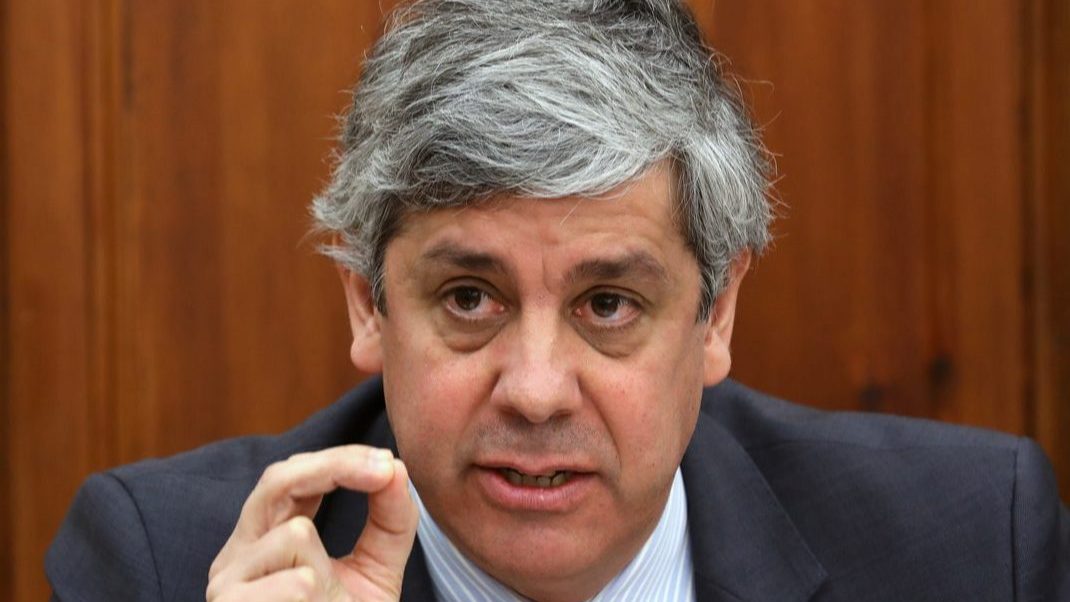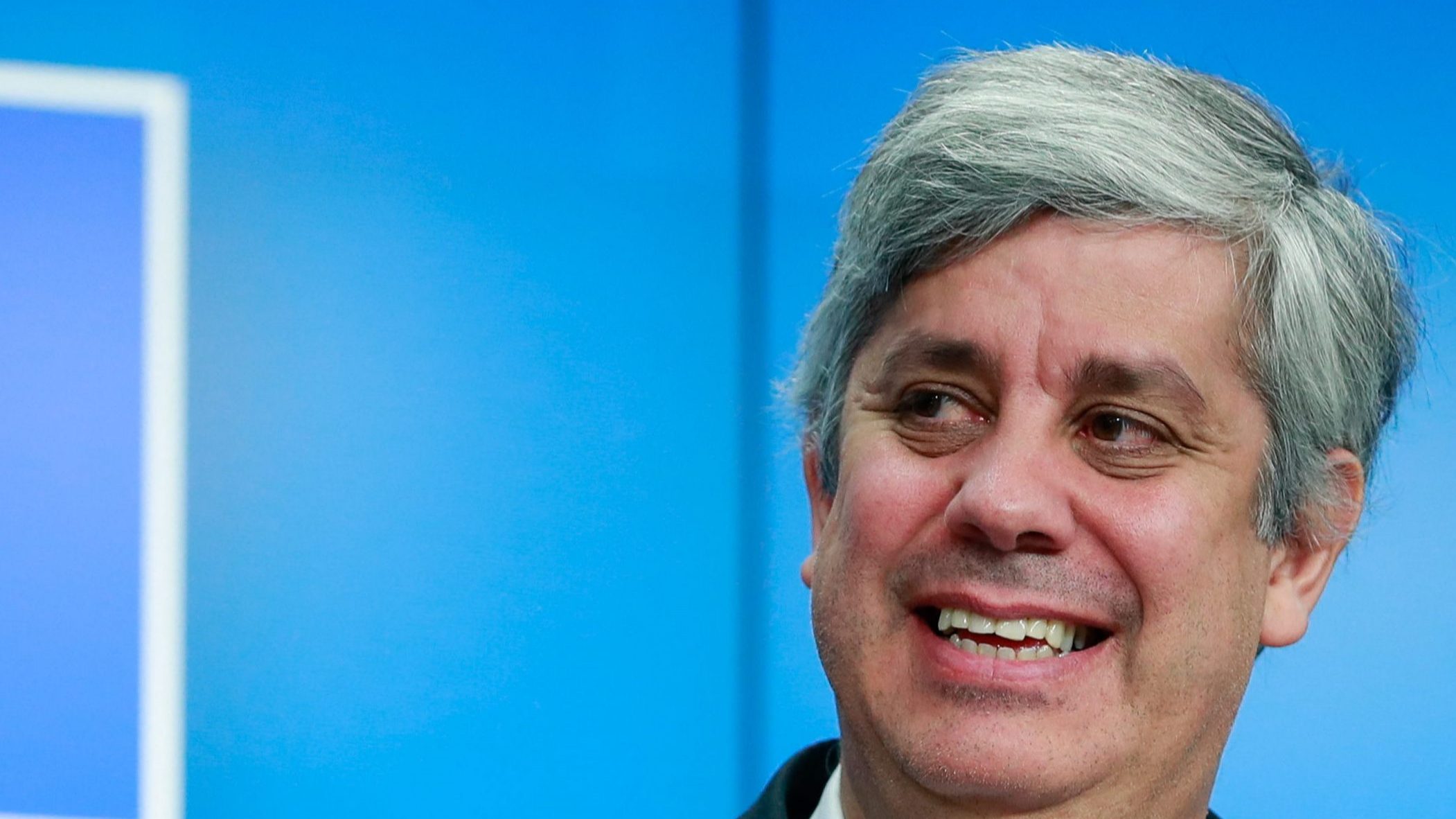President sees no problem in Centeno going to central bank
Marcelo Rebelo de Sousa believes there's no problem in a transition from the government to the country's central bank.
Portugal’s president has said that he sees no problem in a direct transition from finance minister to the governor of the country’s central bank and recalled that this has already happened twice.
Asked whether, in terms of principle, at an ethical and political level, he believed there is any impediment in a direct transition from the government to the head of the Bank of Portugal, Marcelo Rebelo de Sousa replied that no, as he recalled at least two examples of finance ministers who left and were soon after appointed governors of Bank of Portugal.
“One at the time of the dictatorship [1933-1974], Professor Pinto Barbosa, who was a very good finance minister and then was a very good governor of the Bank of Portugal soon after, another at the time of Professor Cavaco Silva’s government, Professor Miguel Beleza, was a dedicated finance minister, devoted finance minister, left and then was appointed governor of the Bank of Portugal and was also a dedicated and devoted governor of the Bank of Portugal,” De Sousa said, speaking to journalists on Sunday in Ericeira, near Mafra.
“It happened without any notice in either case, but it is not my decision, it is the Prime Minister’s,” he added, without commenting specifically on the possibility of the current finance minister, Mário Centeno, succeeding Carlos Costa as governor of the Bank of Portugal.
De Sousa pointed out that the government nominates the governor of the Bank of Portugal and, therefore, when the problem arises, in a few weeks or a month, the government will decide on the choice of the governor of the Bank of Portugal, stressing that the president has no intervention in this matter and, therefore, it is good tone not to be treading on the competence of other bodies.

